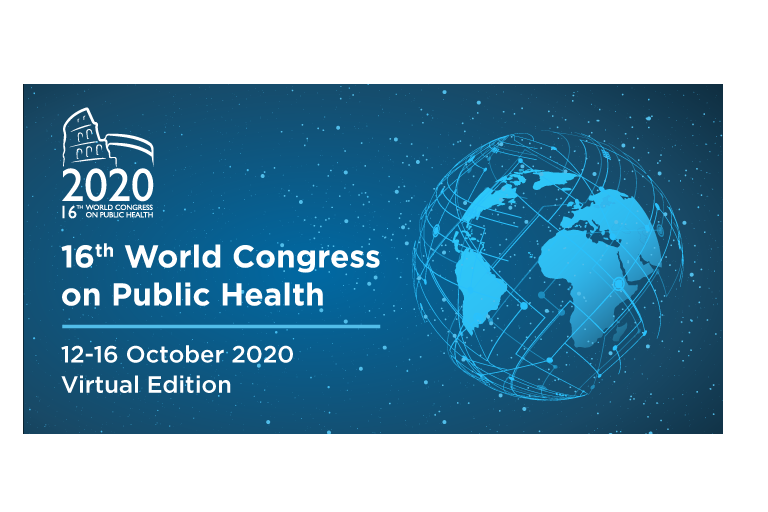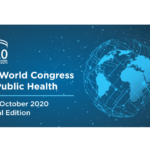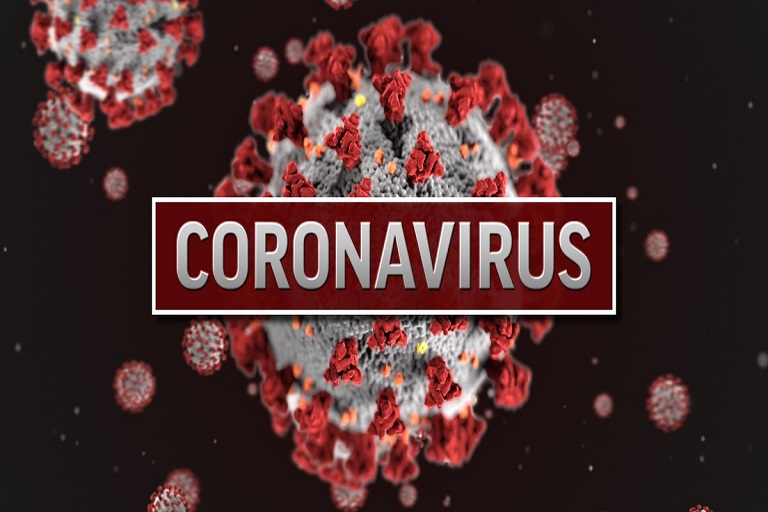Encouraging an open debate about the secondary use of data and the preservation of privacy must be central to any preparations for the inevitable second wave of the coronavirus pandemic and beyond, Dr Charles Alessi, chief clinical of officer of HIMSS, has said during a Public Policy Projects discussion, COVID-19 Planning for the Future.
Dr Alessi suggested it will also be essential to exploit the ‘new normal’ of digital modalities for the care of non-communicable diseases. We’re not using technology and data as much as we should to drive AI for better care management, he said.
Digitally enabled patient flows will be vital in ensuring that COVID patients are only admitted to hospital when necessary in a world that will also have to accommodate non-COVID patients. “Remember, this is about all of us,” he said.
“Is there an inevitable conflict between science and politics, and between technology and personal privacy?” Dr Alessi asked. “To a degree there is, and to a degree there isn’t because the experiences of 1918 and 2020 show that in all those cases there has been a lot of discussion around the right of privacy, around rights of the person to the rest of the community. There are ways we can get through this and I think we need to debate that much more.”
He said there are many examples where this debate has already been taking place, including the Finnish data authority Findata, which he noted for its work on identifying the importance of the rights of the citizen in the data conversation – and particularly the privacy of the individual.
WHAT’S THE IMPACT
The privacy debate continues to dominate concerns about the use of health data in a post-COVID world.
While NHSX has offered reassurance that the so-called ‘datastore’ accumulated by private health tech companies collaborating with the NHS during the pandemic will be closed – and data destroyed or returned to NHS England – the potential value of that data in meeting the needs of post-COVID healthcare delivery is emerging as a major aspect of the debate.
According to the Daily Telegraph, there is a sense that the NHS will continue to use mass patient data to drive decision-making once the pandemic is over, signalling a sea-change in methodology.
A source inside the COVID-19 project told the newspaper that when focus shifts to what happens next, there will be an opportunity to “restart” the NHS powered by its own data in a completely new way – something that would have been inconceivable before the pandemic.
WHAT’S THE TREND
More widely, patient confidence will also be an important aspect of any preparation for post-COVID healthcare, said Dr Dilruwan Chaminda Herath, executive medical director UK and Ireland for MSD, who also contributed to the Public Policy Projects discussion. The ‘new normal’ for patient pathways will have been transformed. Collaboration between stakeholders and focus on the synergy between different disciplines will be central to services getting up and running again – and the emphasis must be on the total patient.
ON THE RECORD
Dr Herath said that patients have followed guidance during the pandemic, helping to reduce stress on the system. As services return, they will need to feel confident that they are going back into a safe environment without fear of acquiring COVID-19.
“All stakeholders involved want the same thing,” he said. “There is currently a willingness to look at those services. Old clinical paradigms and clinical services may have to change and adopt new technologies, new ways of doing it, and look to other countries to see what they are doing to maintain those services.”
























